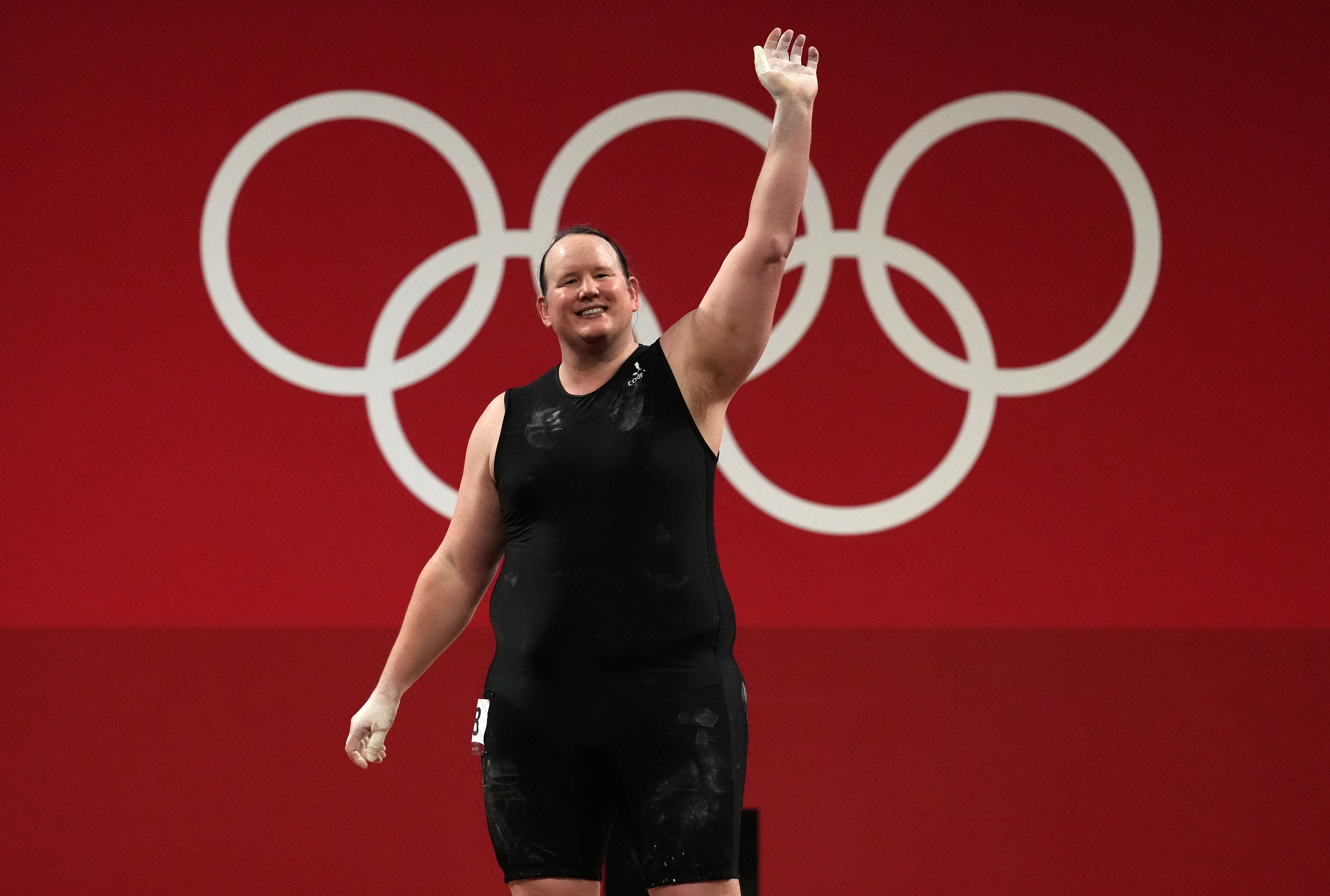IOC introduces transgender athletes rules and says no one must be excluded
The 10-point framework is not legally binding

The International Olympic Committee (IOC) has released a new, “groundbreaking” framework on transgender inclusion that calls for no athlete to be excluded from any competition on grounds of unfair advantage.
The 10-point framework, prepared by the IOC and released on Tuesday, took two years to be finalised. The committee consulted with more than 250 athletes and other stakeholders before finalising the document.
It states that “unlike previous guidelines, the framework underscores that no athlete has an inherent advantage and moves away from eligibility criteria focused on testosterone levels.”
“The framework also acknowledges the central role that eligibility criteria play in ensuring fairness, particularly in high-level organised sport in the women’s category,” stated a press release issued on Tuesday.
The guidelines — that will be rolled out after the Beijing Winter Olympics next year — will replace the ones released in 2015.
The document, however, aims to offer sporting bodies the world over a 10-point approach to flesh out criteria that are applicable to their sports, said the release.
The framework is not legally binding, Keveh Mehrabi, the IOC’s director of the athletes department, told the media. “What we are offering to all the international federations is our expertise and a dialogue, rather than jumping to a conclusion,” he said.
Mr Mehrabi said this was a “process that we have to go through with each federation on a case by case basis and see what is required.”
The guidelines come months after Laurel Hubbard, a weightlifter from New Zealand, became the first transgender athlete to compete at the Tokyo Olympics this summer and after Canadian soccer player Quinn became the world’s first openly transgender Olympic gold medalist.
“You don’t need to use testosterone [to decide who can compete] at all. But this is guidance, it’s not an absolute rule,” said Richard Budgett, the IOC’s medical director.
The committee also acknowledged that “sex testing” and “invasive physical examinations” to determine an athlete’s gender were “disrespectful” and “potentially harmful.”
Magali Martowicz, the IOC’s head of human rights, said: “We really want to make sure that athletes are not pressured or coerced into making a harmful decision about their bodies.”
Meanwhile, Quinn praised the new framework. “This new IOC framework is groundbreaking in the way that it reflects what we know to be true — that athletes like me and my peers participate in sports without any inherent advantage, and that our humanity deserves to be respected,” they said.
“As with any set of guidelines, the success of this new framework in ensuring a safe and welcoming environment within the Olympic movement will largely depend on the education and implementation process with national governing bodies, international federations, and other key stakeholders,” said Anne Lieberman, director of policy and programmes at Athlete Ally, a nonprofit LGBT+ advocacy group that was one of the stakeholders consulted by the IOC.
“We hope to continue working closely with the IOC to ensure that the policies and practices governing sport actually include and represent the diversity of people playing sport.”
Join our commenting forum
Join thought-provoking conversations, follow other Independent readers and see their replies
Comments
Bookmark popover
Removed from bookmarks